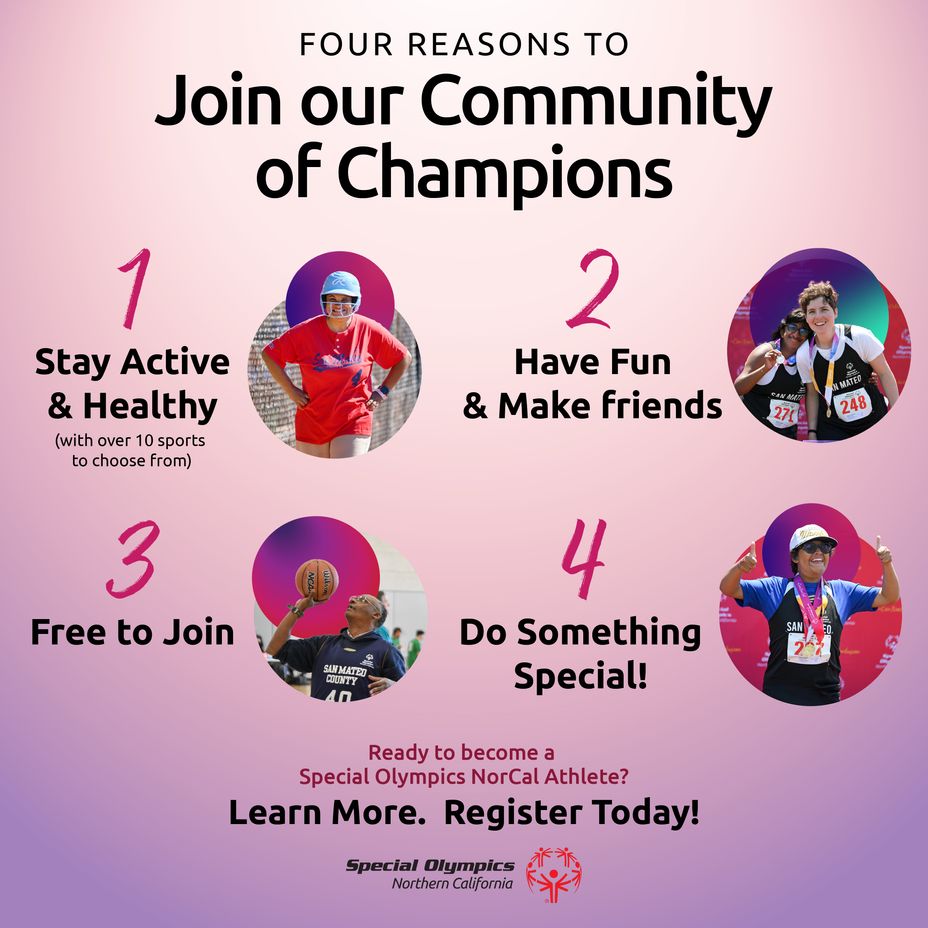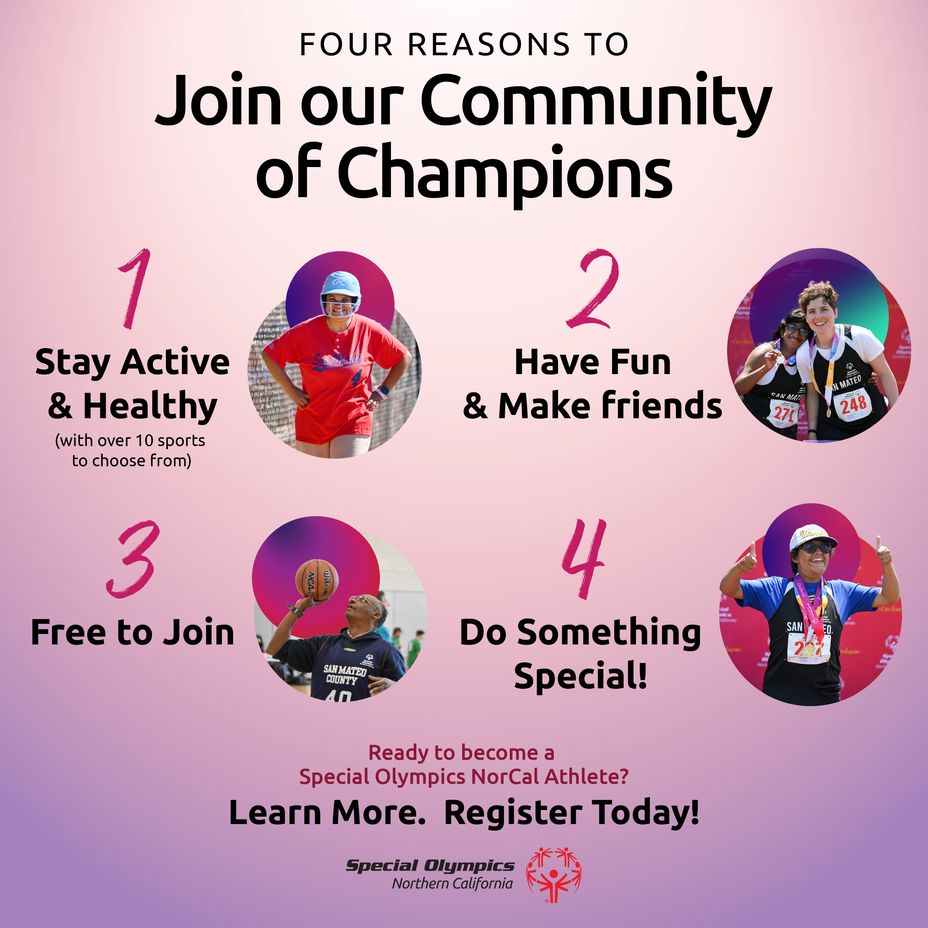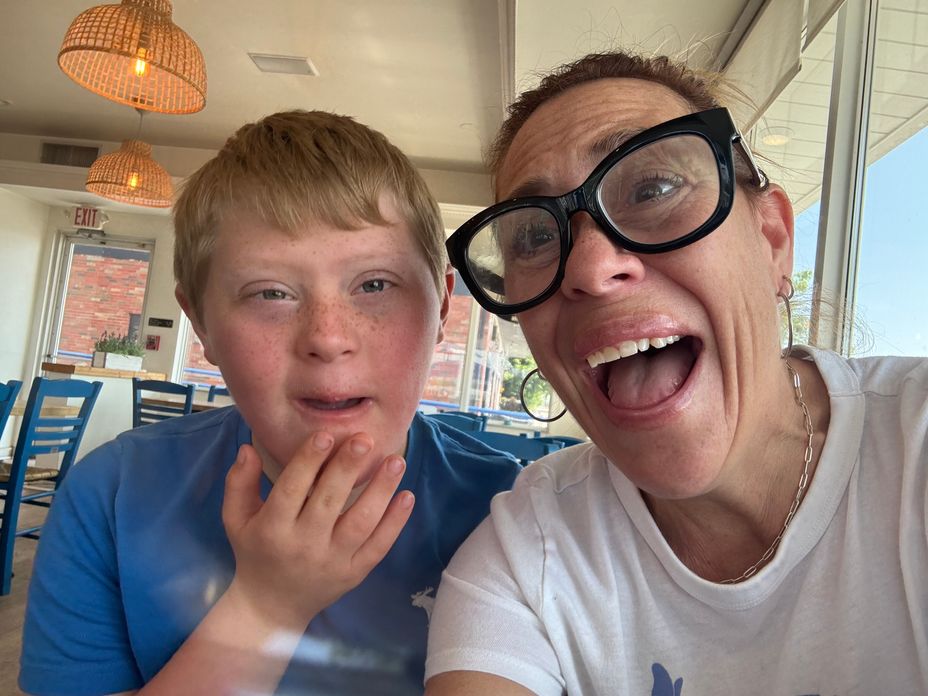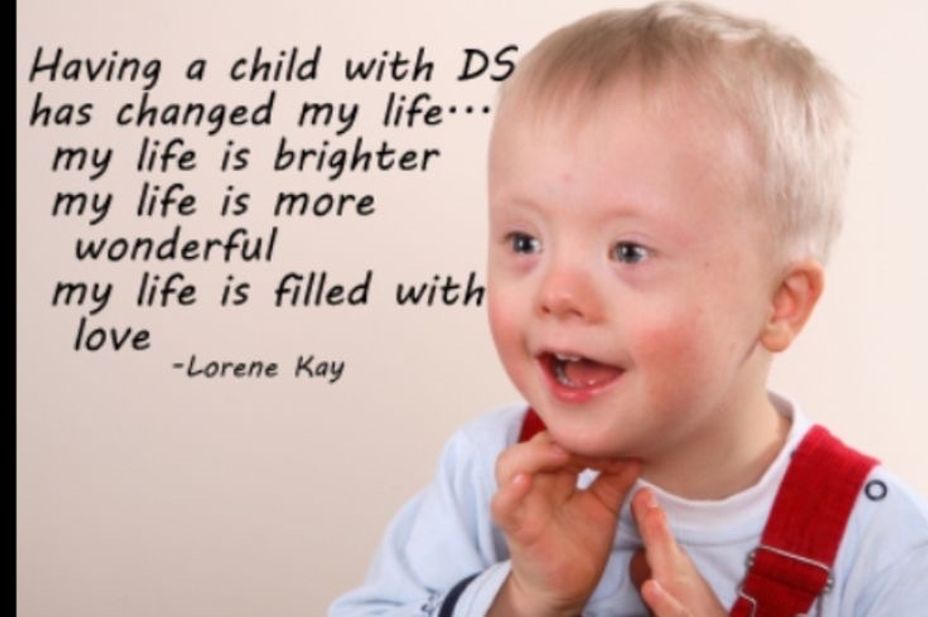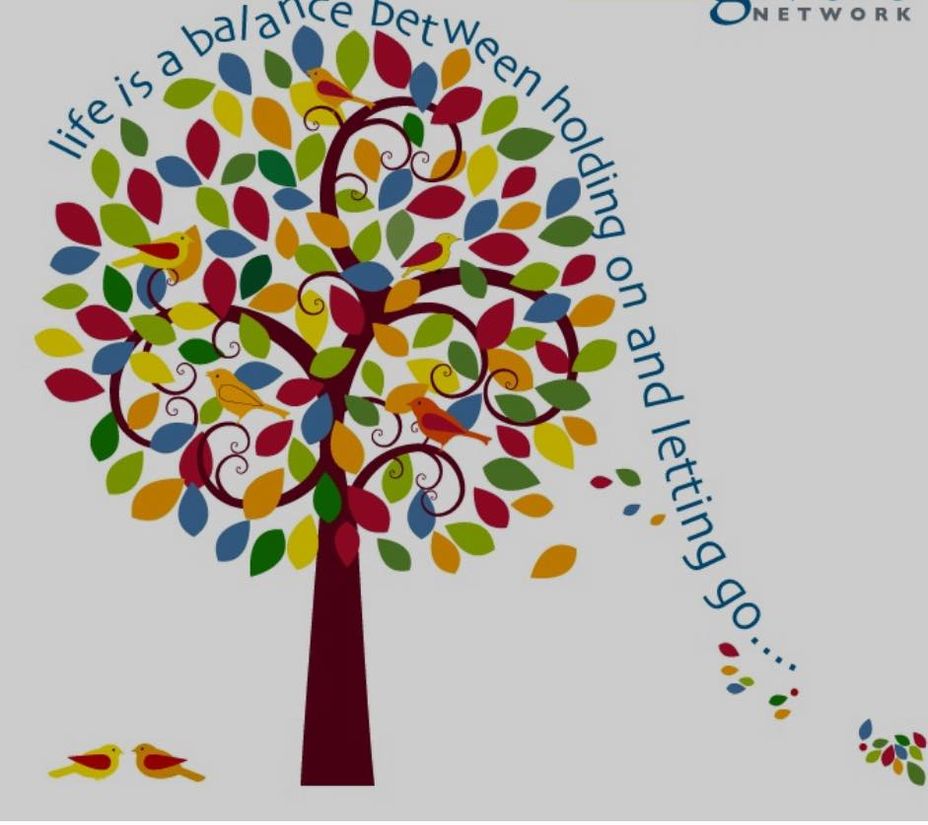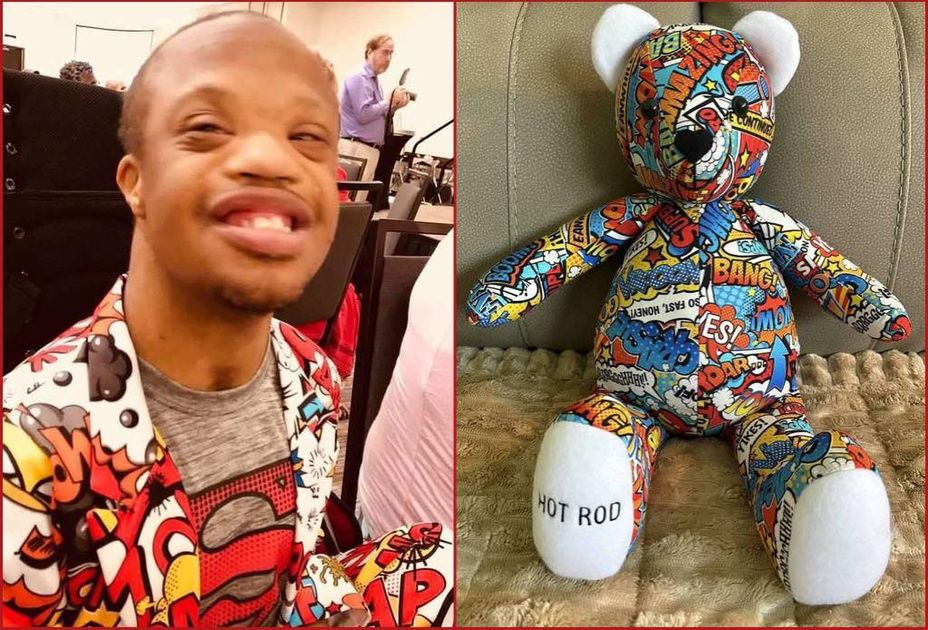To the Unwoke with love,
I want to tell a little story. This is especially geared towards people who feel that “woke” means kids are peeing in litter boxes and gender surgery is being forced on our youth . This story is for the “unwoke,” if you will.
Before I begin, let’s get into the meaning of woke. Woke, in its original, and still held belief, means that one is aware of social injustices. It does not threaten, assume, or encourage anything besides acceptance. Woke is not against you, but rather FOR the marginalized.
Okay, now on to the anecdote. Today I took Judah to the ear doctor. A woman brought us into the room and took down some medical information. She then turned to me and whispered,
“ I hope this doesn’t sound weird but I love downs kids. Downs is such a special illness.”
My momma radar went into peak protection mode as I gently corrected,
“Yes, kids with Down syndrome can be very loving.”
The truth is, Judah is not “downs,” and Down syndrome is not an illness. To call a child by their disability, and also call it an illness, is ableism. The language is subtle and most likely benign, but the emotions are not. The innocuous words feel like they are also whispering…
“Able-bodied people are superior. If you are not, you can maybe be special too, but only if an able-bodied person deems you so.”
This lady, and most likely many other offenders, will say “that isn’t how I meant it.” And I get that. I once called something “gay” in front of a dear friend who is homosexual. She became upset and I immediately retracted by saying, “ I meant it as stupid not as an insult to gay people.” To which she replied, “ that almost makes it worse.”
My intent was not the point, her feelings were.
So how does woke relate to all of this? Woke means I learned from that experience. It literally means that I woke up from the belief that my words and actions do not have consequences. It is an understanding that our words matter and that we can cause pain by wielding them haphazardly. That's it.
I did not berate the woman who called my son downs. I did not expect her to apologize after I gently corrected her. I didn't expect her to go out and adopt a child with Down syndrome or dedicate her life to my mission. Woke is awareness. Woke is empathy. Woke is a conscious effort to not hurt others with words and actions.
But now, woke has become a slur in itself. It's a word that comes before “libs” or do I dare say “libtards” (as the party is sometimes referred to.) Woke has taken on a life of its own and somehow has become an insult?
Woke is not an agenda, it is a word. If you don't like the word, don't use it. If it makes you feel like you are handing your paycheck off to the poor, refrain. If you think the word emasculates you, keep it out of your vernacular. If you think it makes you sound weak then don't label yourself . And then promise yourself that you won’t label others either. Because actually, that’s the whole point.
#downsyndrome #SpecialNeeds #woke #Politics #KindnessMatters

